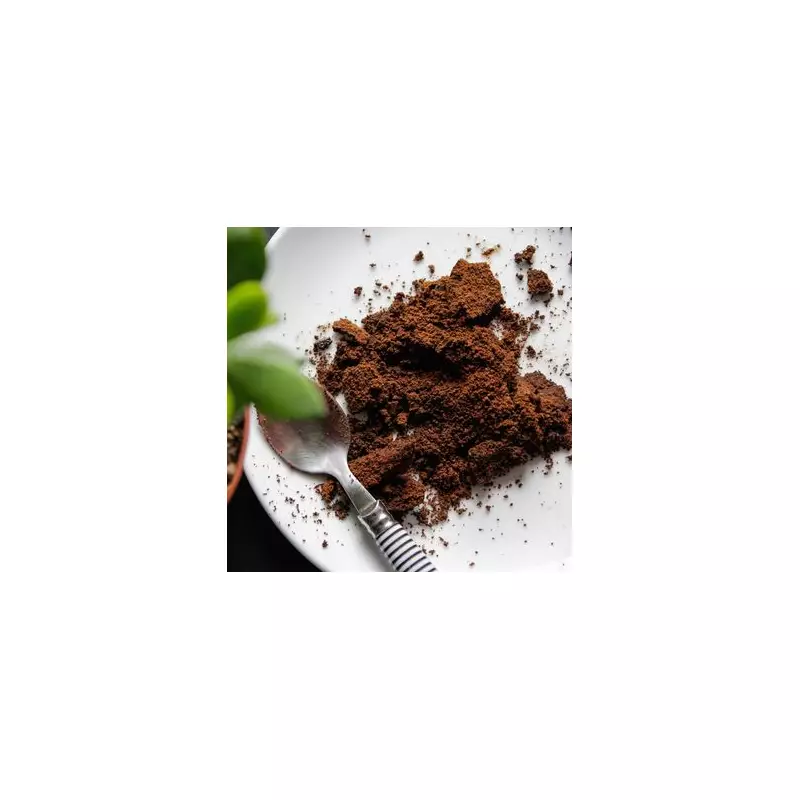
Green-thumbed Brits are discovering an extraordinary gardening secret hiding in plain sight—their morning coffee waste. Households across the UK are being urged to stop tossing used coffee grounds and instead sprinkle them directly onto their plants for remarkable results.
This simple, sustainable hack is transforming gardens by providing a powerful, completely free fertiliser that packs a nutritional punch. The grounds are rich in essential nutrients like nitrogen, potassium, and phosphorus—the holy trinity for plant health.
The Multitasking Garden Marvel
Used coffee grounds are far more than just plant food. Their coarse texture makes them an excellent natural pest deterrent. Slugs and snails, the arch-nemeses of many gardeners, absolutely despise crawling over the gritty surface, providing a protective barrier for your precious plants.
Furthermore, when worked into the soil, coffee grounds improve its structure dramatically. They enhance drainage, prevent compaction, and help retain crucial moisture—particularly beneficial during drier spells.
A Win for Your Wallet and the Planet
This gardening revolution isn't just about plant health; it's a significant step towards sustainable living. By repurposing what would otherwise be waste, UK households are reducing their environmental footprint while simultaneously cutting costs on commercial fertilisers and pesticides.
It represents a perfect circular economy right in your kitchen: brew your coffee, enjoy your caffeine fix, and then feed the leftovers to your garden. Nothing goes to waste.
How to Use Coffee Grounds Correctly
For optimal results, experts recommend a simple approach:
- Allow used grounds to cool and dry completely before application
- Sprinkle thinly around the base of plants or mix lightly into topsoil
- For potted plants, mix a small amount into the potting compost
- Combine with other organic matter like compost for balanced nutrition
This accessible, eco-friendly gardening technique proves that sometimes the best solutions aren't found in garden centres, but right there in our daily routines.





